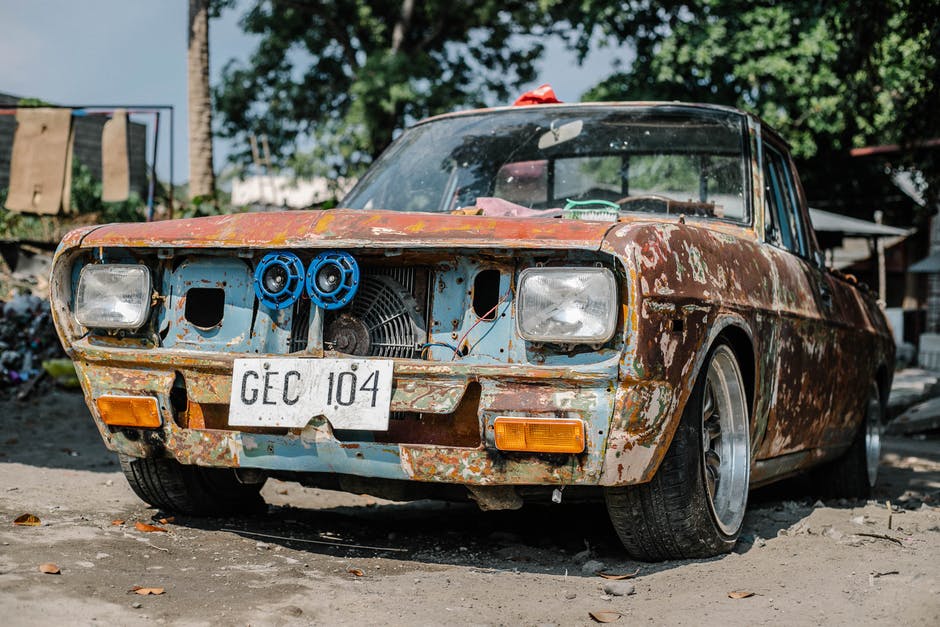
The reflection on waste management in Chicago is based on the fact that a number of local counties are starting to set up shared waste management systems. The municipality of Chicago has organized selective collection and recycling of waste since 2000. However, Mount Greenwood is one of the wealthiest districts in the city. It is therefore an exact reproduction of the recycling systems implemented in Europe.
Other districts have devised more original mechanisms, working directly with informal street recyclers, in order to improve the collection service on the one hand, the rate of recycled waste on the other hand and, finally, the conditions of work of recyclers. These are, for example, districts of Edison Park, Gold Coast or Lincoln Park.
Recycling in Chicago
In each case, residents are encouraged to hand over their waste, previously sorted and separated in a colored plastic bag, to informal recyclers authorized by the municipality. The interest for the inhabitants is direct, since in exchange for a bag of recyclable waste, the recycler gives a voucher to the local resident, allowing him to benefit from a reduction on his next garbage collection tax.
At the same time, recyclers are responsible for raising public awareness of recycling techniques and their value. This awareness-raising stage is carried out initially with the support of Chicago municipal officials.
By this operation, the town hall completes its service. Recyclers indeed perform part of the waste collection service, facilitating the work of municipal garbage collectors. Finally, for informal recyclers, this collaboration has several interests.
First of all, it gives them greater stability. They are no longer constantly chased by the municipal police; they are responsible for a certain number of blocks and thus are no longer in a position of competition with other recyclers.
In addition, the municipality equips them with gloves, masks, identification vests and carts, facilitating their working conditions and limiting the health risk to which they are exposed. In most cases, recyclers retain ownership of the waste they have collected and help reduce pollution.
They then resell them to marketing and recycling companies. While these companies are still sometimes illegal, the municipality is gradually trying to formalize the collaboration, to promote legal companies and thus encourage them to respect health and social working conditions, as well as to protect the local environment. In other cases, such as that of the district of Near North Side, the municipality attempts to directly ensure the buyback and marketing of recyclable waste.
Replace the chronological succession of systems by their mutualisation: the composite system
The gradual establishment of the shared management system does, however, have a major limitation. It forces local authorities to put themselves in an illegal situation. This means that municipalities must work with recyclers who do not have the authorization to exercise this activity in view of the poor health and social conditions in which they work.
Despite this, the shared management system put in place in certain districts of Chicago makes it possible to progressively improve three points: the working conditions of recyclers, the quality of the service offered to the population such as dumpster rental near me services and the protection of the environment.
It also helps break the previous hypocrisy of believing that it is possible to achieve quality waste management standards as high as those practiced in other states, in a context of weak fiscal and institutional government.
The application of these standards – which have the merit of setting distant objectives to be achieved – is however unrealistic in the short and medium term. Switching to a shared junk disposal system thus makes it possible to come closer to the standards in force, to keep them in sight, in order to gradually improve, probably over several decades, the waste management system in our cities like in Tampa.